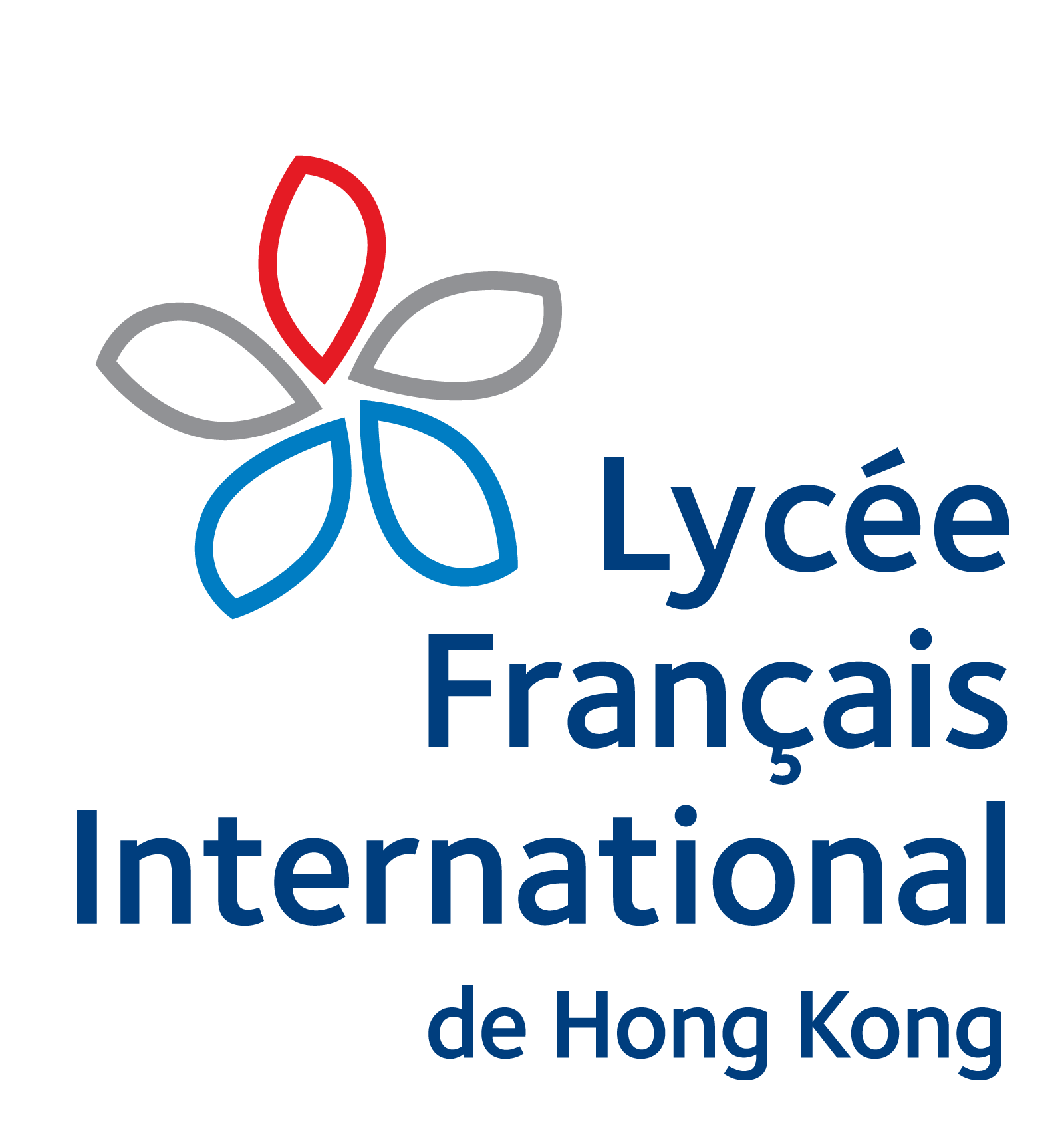Student Wellbeing
I think that one of the saddest sights of many sad sights during the pandemic was the closure of children’s play areas in Hong Kong. They were taped off like crime scenes and no one was using the swings, slides and exercise machines. As a result, what many of us suspected was that students’ emotional and physical well being was being adversely affected.
This week a study from Hong Kong has found that during the pandemic primary students tripled their time on gadgets from 2 hours per day to 7 hours per day. For secondary students the figures were an increase from 8 to 9 hours. This led to much poorer sleep quality and lack of exercise.
Sleep patterns were distorted as children spent more time on gadgets, not only for school work but also for watching YouTube and Netflix etc. Their daily routines were distorted such that they lost their normal sense of day and night. The impacts of this sleep deprivation and sleep time adjustment is that learning is badly affected, they are linked to hyperactivity and attention deficit. Without the need to get up in the morning children would go to sleep much later. The research found that this affected the quality of their sleep which in turn affects the ability to consolidate learning, decrease stress and negative emotions.
As a result of students having fewer chances to leave home and the closing of most public exercise facilities, the study found that only 5% of students exercised for the WHO recommended 60 minutes per day. Before the pandemic Hong Kong children had some of the lowest scores worldwide in flexibility, grip strength and cardio vascular fitness. The pandemic worsened this considerably. So, what can be done?
- Insist on regular bedtimes for students. They need quality sleep. As a rough rule of thumb, primary children need 10 hours and secondary students need 9.
- Remove gadgets from bedrooms. The students need bedrooms for sleeping.
- Insist on exercise, a walk is good to relieve stress.
- Be a good role model in terms of exercise and gadget use
- Contact the relevant teachers or counselors at the school should you want further advice/support.



